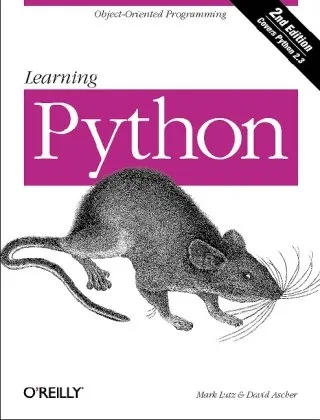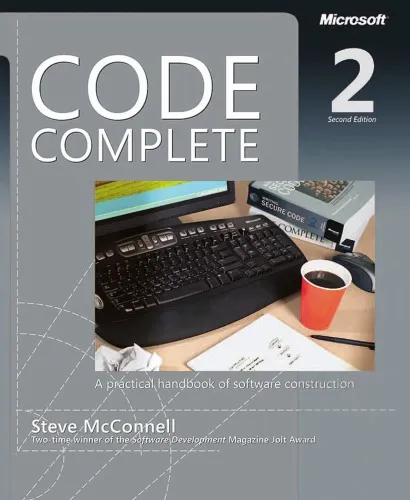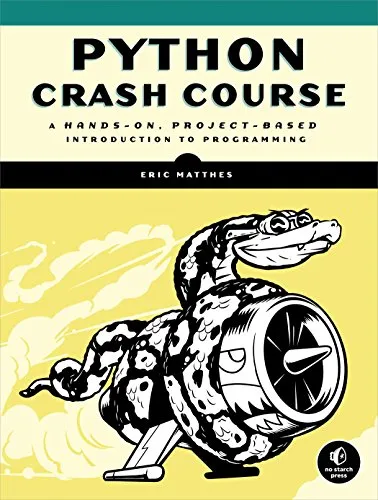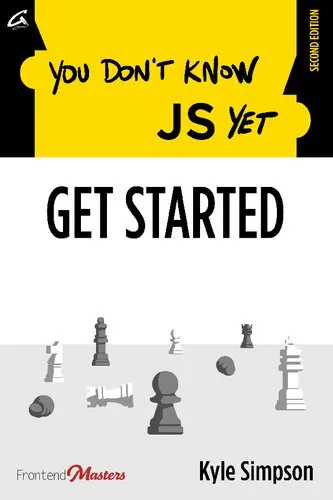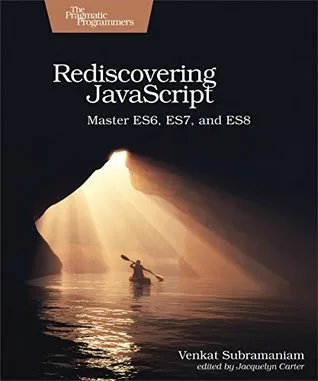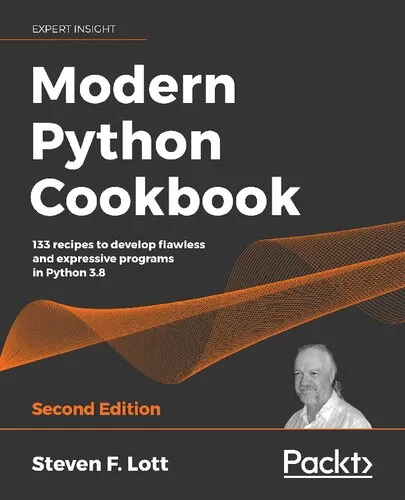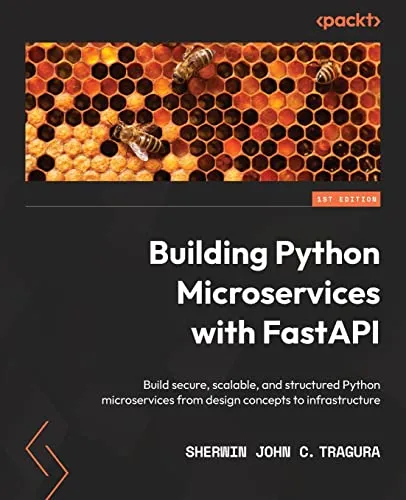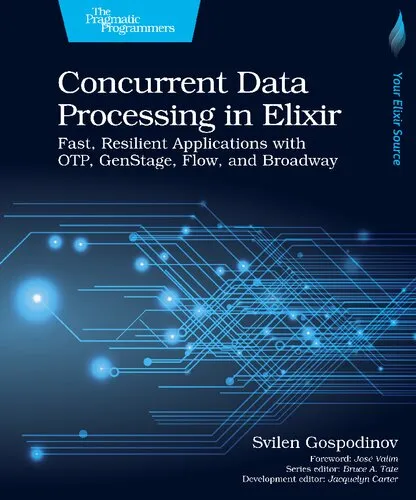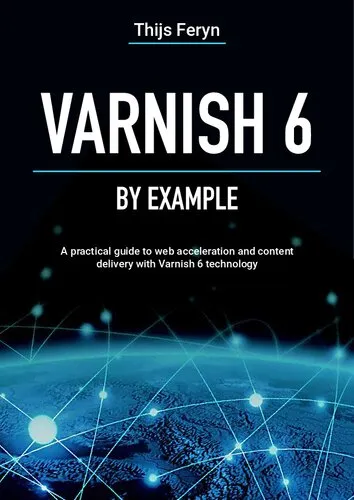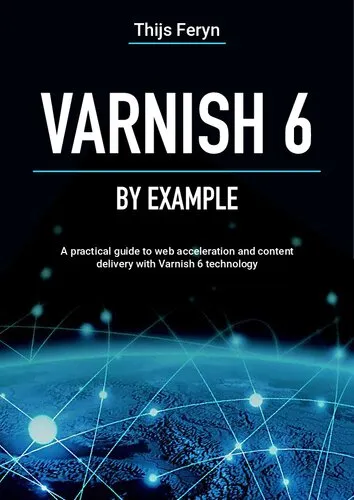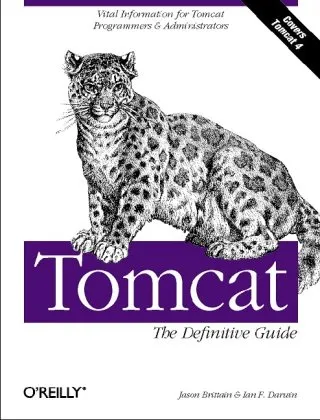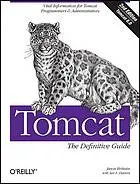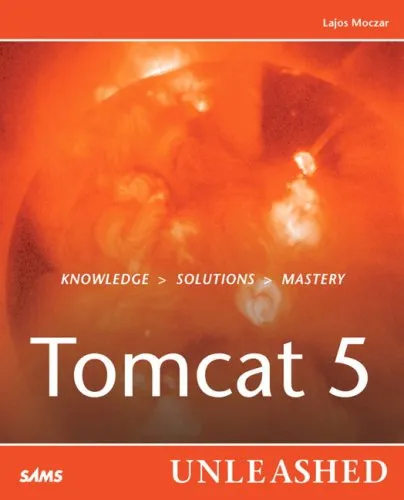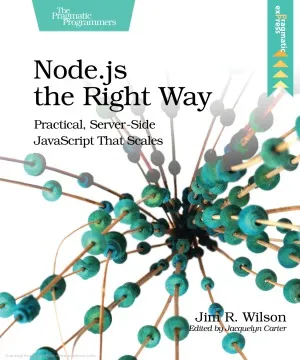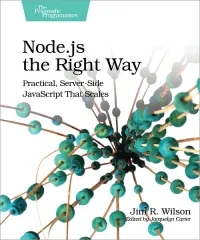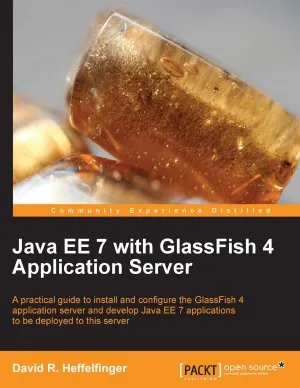Learning Python: Powerful Object-Oriented Programming
4.0
Reviews from our users

You Can Ask your questions from this book's AI after Login
Each download or ask from book AI costs 2 points. To earn more free points, please visit the Points Guide Page and complete some valuable actions.Related Refrences:
Persian Summary
Introduction to 'Learning Python: Powerful Object-Oriented Programming'
Python is a language that has stood the test of time due to its simplicity, versatility, and the strong community that supports it. 'Learning Python: Powerful Object-Oriented Programming' serves as a comprehensive guide for both new and experienced programmers aiming to gain mastery over Python. This book by Mark Lutz provides a deep dive into both Python fundamentals and advanced topics, emphasizing object-oriented programming, which is crucial for building robust and scalable applications.
Detailed Summary of the Book
The book offers an in-depth look into the core elements of the Python language, starting from basics like syntax, operators, and statements, gradually moving towards more complex topics such as functions, modules, and classes. Notably, the book heavily emphasizes Python’s object-oriented features, making sure readers understand how to leverage classes and inheritance to write cleaner and more reusable code. Apart from object-oriented programming, the book also covers Python’s dynamic typing and memory management in great detail, providing a solid foundation for understanding how Python handles data.
This edition incorporates all the changes up to Python 3.x, ensuring that readers are learning using the latest features Python has to offer. The book is filled with example codes, troubleshooting tips, and best practices, making it not just a learning resource but a reference manual that can be revisited time and again.
Key Takeaways
- Understanding of fundamental Python concepts and syntax.
- Mastering the principles of object-oriented programming in Python.
- Expertise in utilizing Python for real-world applications through practical examples.
- Advanced knowledge of Python memory management and dynamic typing.
- Practical insights into Python modules and third-party packages to enhance functionality.
- Ability to write efficient, reusable, and readable Python code.
Famous Quotes from the Book
“Python is an experiment in how much freedom programmers need. Too much freedom and nobody can read another’s code; too little and expressiveness is endangered.”
“In Python, we trust!”
Why This Book Matters
In the vast ecosystem of programming literature, 'Learning Python: Powerful Object-Oriented Programming' stands out for its clarity and depth. The book is meticulously designed to cater to a wide audience—from complete beginners to those with some coding experience who wish to expand their horizons. Python as a language is pivotal in fields like web development, data science, artificial intelligence, and more. Therefore, a strong grasp of Python can be a significant asset in numerous career paths.
The book's interactive approach, filled with exercises and detailed explanations, ensures that readers not only consume information but also apply it practically. Solutions to common problems and frequently asked questions within the community are addressed, making this book a crucial companion for Python enthusiasts. By emphasizing the latest features and practices in Python, it prepares the reader to write effective and efficient code in a rapidly evolving tech landscape. Overall, 'Learning Python: Powerful Object-Oriented Programming' provides the tools and knowledge necessary to unlock the full potential of Python programming.
Free Direct Download
You Can Download this book after Login
Accessing books through legal platforms and public libraries not only supports the rights of authors and publishers but also contributes to the sustainability of reading culture. Before downloading, please take a moment to consider these options.
Find this book on other platforms:
WorldCat helps you find books in libraries worldwide.
See ratings, reviews, and discussions on Goodreads.
Find and buy rare or used books on AbeBooks.
